DHAKA, May 30, (V7N) – Finance Adviser Dr. Salehuddin Ahmed has outlined the three core responsibilities of the interim government: ensuring national elections, initiating institutional reforms, and pursuing justice for crimes against humanity. However, he emphasized that trials must not become “kangaroo courts.”
In an exclusive interview with BSS at the Bangladesh Secretariat, Dr. Salehuddin previewed key elements of the upcoming national budget, set to be announced on June 2, and stressed the government's commitment to delivering a credible election and functional reforms in critical sectors such as the banking system, National Board of Revenue (NBR), and police administration.
Election and Governance
The adviser affirmed efforts to ensure voting rights, previously suppressed under the “deposed regime.”
A consensus among political parties is vital, he said, noting the Chief Adviser’s indication that elections may take place between December 2025 and June 2026.
He acknowledged growing public demonstrations, which, though disruptive, are now part of the democratic landscape after years of suppression.
NBR Reform and Separation
Dr. Salehuddin defended the government’s move to separate the NBR into two divisions—Revenue Policy Division and Revenue Management Division—stating it was “necessary in principle” and aligned with global best practices.
“One entity can’t pursue both policy and implementation at once. It doesn’t exist elsewhere in the world,” he remarked.
Despite pushback from NBR staff, he said:
The separation is not a dissolution of the NBR.
An advisory committee has been formed, and no injustice will be done to revenue staff.
The ordinance is preliminary, with further decisions on organogram, manpower, and procedures pending stakeholder consultation.
The Finance Ministry reaffirmed in a press release that NBR operations will continue as usual during the transition, and the interim ordinance will be amended as needed following further discussions.
IMF & Development Partners
Rejecting claims of donor-driven reforms, Dr. Salehuddin clarified that NBR separation is a homegrown decision, though foreign exchange rate reforms were discussed with the IMF.
“We ourselves felt the need for NBR separation, beyond donor suggestions,” he asserted.
Allowances and Budget Outlook
On the issue of dearness allowance, the government is considering how much it can offer realistically.
He reiterated that the government’s objective is to create a roadmap, not long-term overhauls, but practical frameworks for future reform.
END/MSS/RH



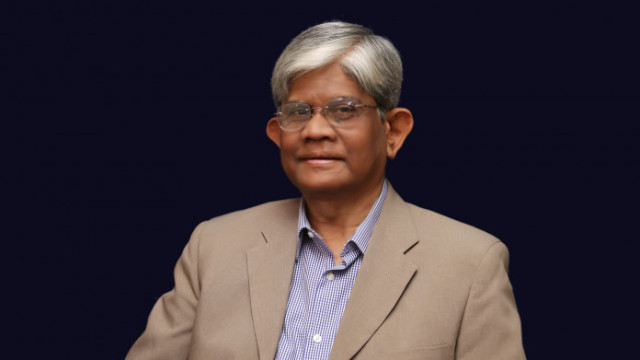
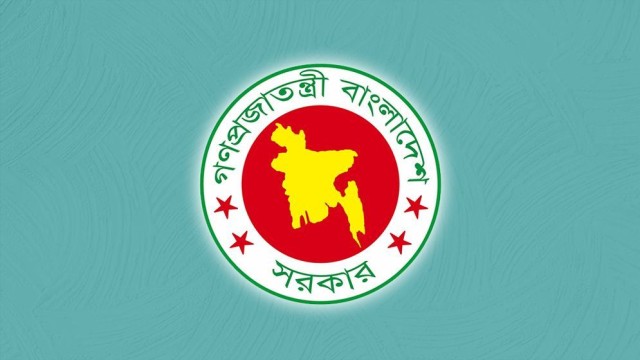
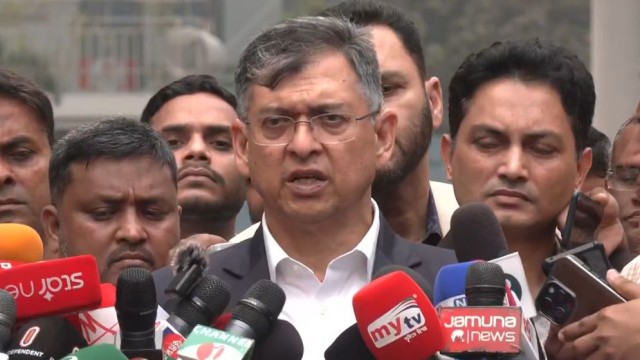
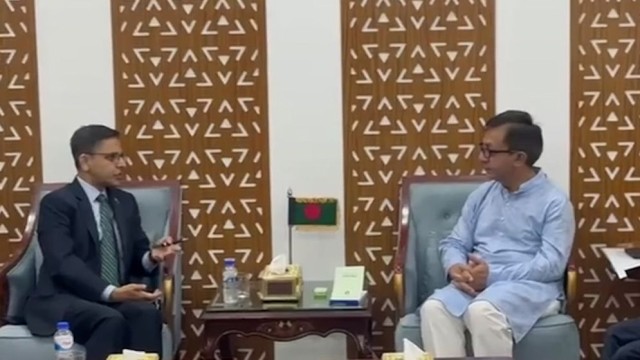
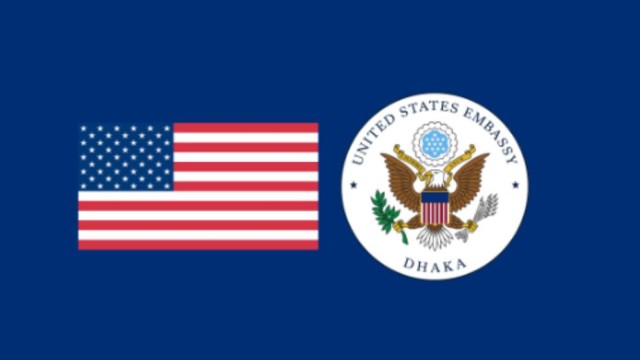
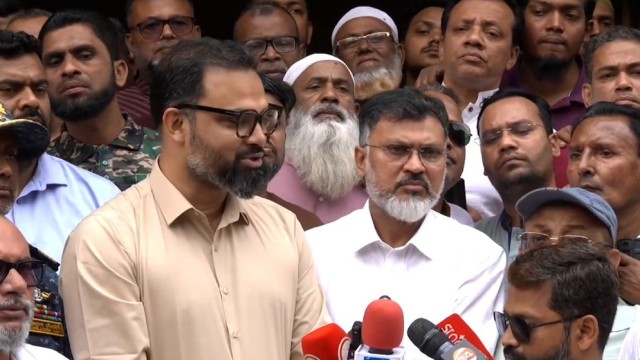
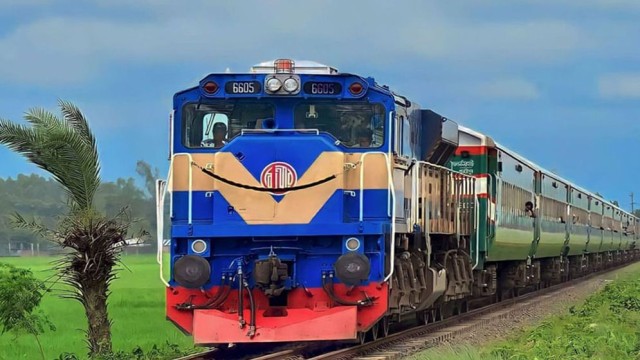



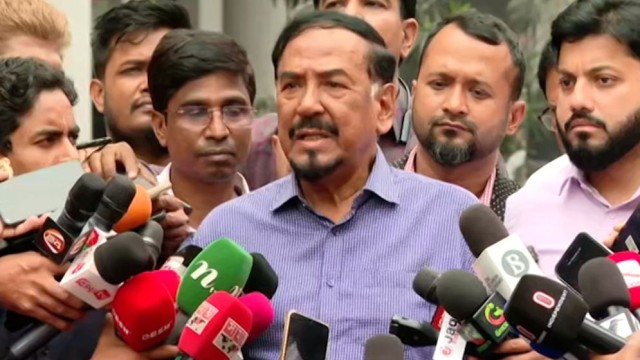
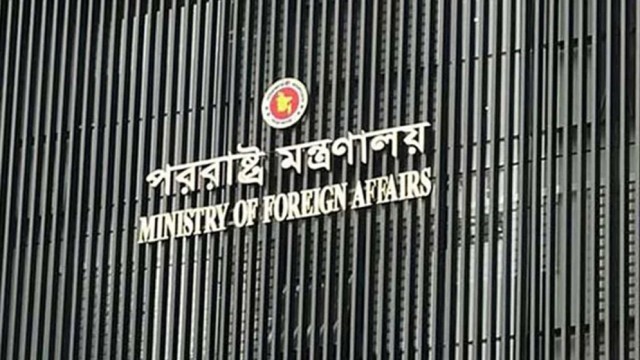












Comment: